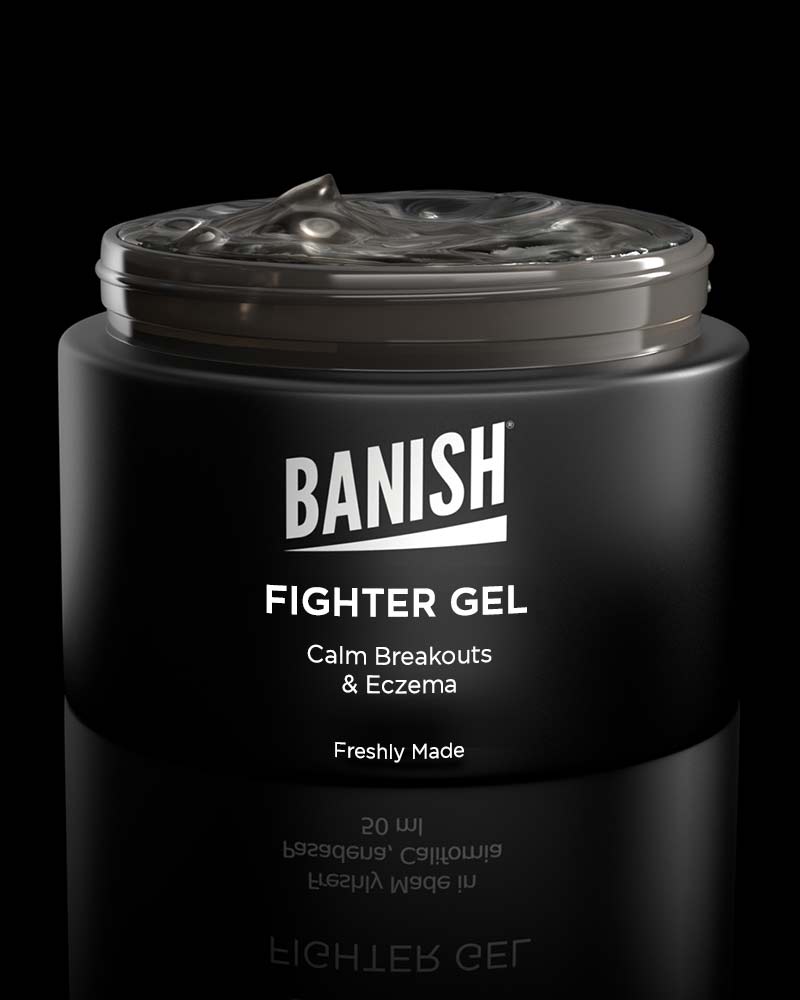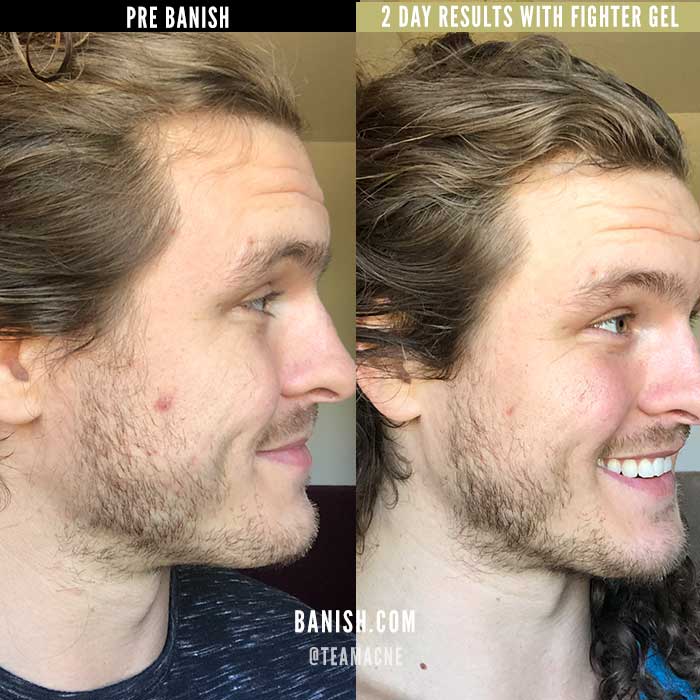You've just gone into your dermatologist appointment and you walk out with an antibiotic prescription, the scenario is all too familiar.
We are prescribed them, and because they are given to us by a health professional, we take them assuming they are generally safe. For many of us acne sufferers, antibiotics are the first line of defense when over the counter washes and prescription creams have failed.
Antibiotics are the most commonly prescribed drug to treat inflammatory acne; going by names like Minocycline, Tetracycline, Doxycycline, Erythromycin, and more.
How Antibiotics Work
They work by killing bacteria around the hair follicle (more specifically P-acnes). They also have the ability to reduce bodily inflammation that contributes to acne and can decrease chemical irritants that are produced by white blood cells.
Sounds pretty perfect right? Well, not exactly. Unfortunately, antibiotics can have varying short term and long-term side effects ranging from nausea (which I have personally experienced firsthand) and breaking out in a rash to candida overgrowth. Even a small 7-day course of antibiotics can show noticeable disruption in the balance of good and bad bacteria in your gut years later.
Furthermore, antibiotics more times than not only produce short term results, masking the underlying cause of acne and ultimately creating the perfect breeding ground for acne to make a vengeful return. To determine overall safety, we must examine the effectiveness and the side effects that can occur long term as well as short term.
Short Term Results & Relapse Rates
If you look around at acne message boards online like acne.org for example, you will quickly find that for most, acne returns after finishing a course of antibiotics. Simply put, results are not long term and often times set a patient up for their acne to fully return. They unfortunately offer only a temporary solution without targeting the real cause.
There are not many studies which have been done to prove the effectiveness of long term results of antibiotics on acne; often times the patient is prescribed the medication and sent on their way to never be checked upon again. However, the studies we do have confirm the ineffectiveness of oral and topical antibiotics as a treatment for acne through the relapse rates. One study found that out of 200 patients, 164 experienced a relapse in reoccurring acne once stopping antibiotic treatment, a total of 82% failure for multiple courses of antibiotics.
An 82% failure rate, even after multiple courses, is enough evidence to show us that antibiotics are not an effective solution in the treatment of acne.
Long Term Side Effects
So, the next question we must ask ourselves is, is it safe to take antibiotics long term? Some will argue that antibiotics are perfectly safe to take for a year or more to treat acne. I even had one dermatologist who told me she had been low dosing on antibiotics for TEN YEARS! Personally, I find that a bit extreme and hope that she was overexaggerating.
Unfortunately, antibiotics don't have the ability to target the specific acne causing bacteria so, they tend to kill off all the good bacteria, or probiotics, that your body needs to function as well. This can have long term consequences when it comes to our gut flora.
Without a proper balance of good and bad bacteria in the gut, there is a potential for candida overgrowth and leaky gut syndrome. Both of which can be major triggers for bodily inflammation and cystic acne (and not to mention can cause a bazillion other problems). In short, the acne we are trying to treat through antibiotics, actually ends up coming back because of antibiotics.
Another big concern of using antibiotics long term is developing antibiotic resistance. A resistance can occur within a few consecutive months, but typically occurs after years of use. When an antibiotic resistance occurs the patient no longer sees results in their skin and can start to experience breakouts again due to the p-acnes bacteria changing and no longer being affected by the antibiotic.
In another study it was found that topical antibiotics like Clindamycin and Erythromycin can create antibiotic resistance bacteria (hello, super acne?!) after using it for 6-8 weeks. What's even more interesting is that this "super acne'" then must be continuously treated with harsher and harsher drugs until skin clarity is fully achieved. According to a report by the Department of Dermatology at the University of British Columbia,
"Evidence suggests that it is the use of topical erythromycin and clindamycin – the most commonly used topical antibiotics in acne – that has contributed to the gradual increase in resistance over the last 20 years."
It has recently been reported that 52% of acne causing bacteria are resistant to Erythromycin while 50% of acne causing bacteria are resistant to Clindamycin. This means that acne has revolutionized into a super acne and that antibiotics can only treat half of the acne causing bacteria strains, while the other half are left untouched. I don't know about you but just killing off half of my acne isn't gonna work for me.
While it may be tempting to blindly take the antibiotics you've been prescribed and hope for the best, in the long run antibiotics may actually create a perfect breeding ground for your acne to return in the future.
Short Term Side Effects
It shouldn't go without notice that there are obvious short-term side effects from antibiotics as well. I personally am unable to take most antibiotics because they cause such an upset stomach (even with food) that most of the time I end up getting sick from them. Antibiotics most commonly can cause:
- Upset stomach: nausea, vomiting
- Diarrhea
- Rash: hives, allergic reaction
- Vaginal itching or discharge
- Shortness of breath
- Itching
And various other effects.
Should I take Antibiotics for Acne
In conclusion, you should really only take antibiotics if you absolutely need them to fight an infection, they should not be relied on for the treatment of acne. They have proven time and time again to only be a short-term cure for acne with possible long-term side effects. Do antibiotics cure acne? I'm not sure about you, my answer is going to be a flat out no on this one. They're a short-term solution providing long term harm to your skin.
























Leave a comment
All comments are moderated before being published.
This site is protected by hCaptcha and the hCaptcha Privacy Policy and Terms of Service apply.